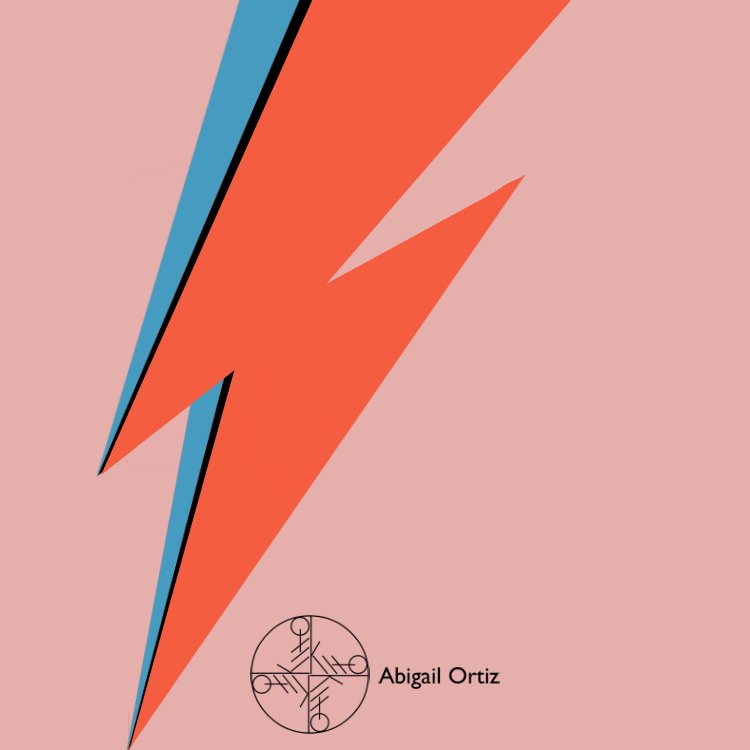Bowie
I love movies, and I recently watched the David Bowie documentary, Moonage Daydream.
As cinematography goes, it’s a lot to take in. There’s tons of movement and color, and it very well may be visually too much for sensitive viewers.
But I soaked it all in.
I’ve always been intrigued by David Bowie.
This film gave me insight as to why.
The standout moment for me was late in the second half, after a segment where David monologues his reflection about pursuing his career apart from knowing himself, an interviewer questions him about his stance on a romantic relationship…
AP | You’ve said that being in love, you thought, was like a disease?
DB | Yeah
AP | It was horrible and it bred jealousy, and —
DB | Yes, I think I’ve, I think I’ve grown to feel a distaste for that statement.
This conversation soundbite embodies what has always been so fascinating to me about Bowie, and truly is a theme throughout the film and by all accounts his career:
Bowie was not afraid to change.
He was quite bold about it actually.
Which is almost blasphemy in our society today.
Our cancel culture (spearheaded by the children of the fast-food generation) is defined by the premise of rightness and wrongness, right now.
Many celebrities, authorities and influencers who have been targeted seem to experience an emotional whiplash their cancellation is often the result of resurrecting archived audacious behavior and/or statements. Instances that are years old. Things that were contextually appropriate or hilarious taboos in the time they were made, now cause their public career to implode because the settled expectations of today.
Don’t get me wrong. There is a line. Behavior that includes out promotes assault of any kind is never okay, regardless of when. (I’m getting off track, so let me steer back.)
Bowie boldly and consistently defied cultural norms, and even standards he set for himself.
Bowie intentionally defied culture, yes, but he didn’t stop there.
He defied himself.
On purpose!
He was searching for more, and for Bowie, the process of searching was more important than whatever decision or destination he found along the way.
He didn’t have a goal, he didn’t have an endgame. The process was his goal.
His career is evidence that he valued change.
He was committed to pursuing circumstances that were unusual and even uncomfortable because he knew it would force him to change, to grow.
And that enduring process churned and cultivated the growth of his creative genius.
That is incredible and admirable.
Bowie got it right.
If life is a journey, then life isn’t about the destination. A goal is just a marker. Life continues being a met goal. Life surpasses goals.
The process — the path is where life lives!
This is a major lesson throughout Zo’s Quest: The pursuit of a goal enables settlement.
“just look at this place. It’s like a dream.” She exhales. “Only a fool wouldn’t settle down here.”
“My dear daughter, listen to your words. What has the path taught you about settlement?”
“Yes, but this is THE peak. This where the path leads.” She raises both hands in emphasis. “We made it.”
“Did we?”
Her hands drop with a slap against her thighs. “What more can there be?”
“Hm?” He taps his raised chin, peering down at her.
She sighs. “Quest.”
(p. 233, Zo’s Quest)
If (instead of a destination, instead of a goal) you pursue the path, you will always grow. To pursue process is to inevitably and indefinitely pursue change.
I want growth.
I hope you choose growth over settlement, too.
